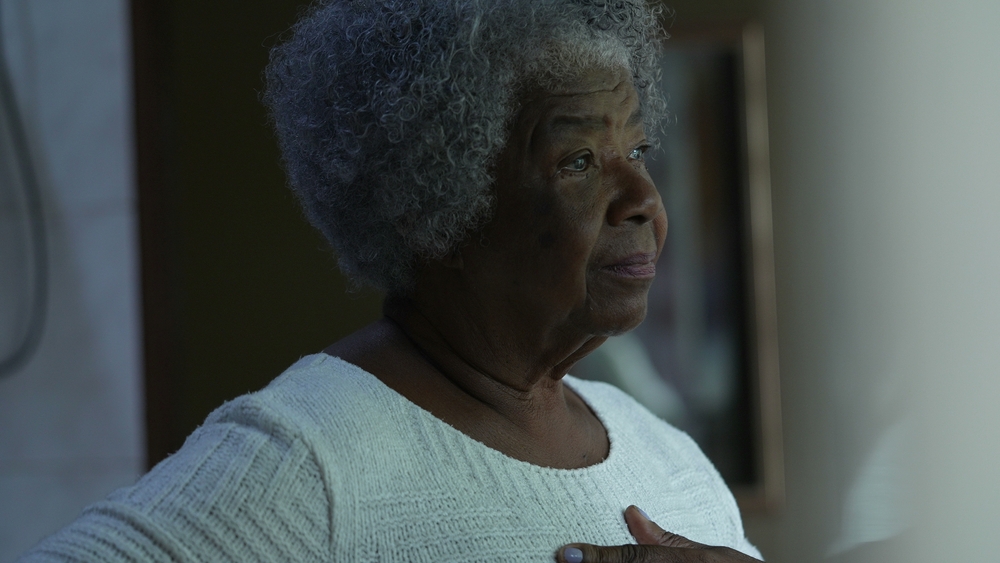The Benefits of Drumming Circles for Seniors

Murali Doraiswamy, co-author of The Alzheimer’s Action Plan, told the Washington Post in a 2013 interview that music has been shown to benefit Alzheimer’s patients.
“It does tend to brighten them up, to make them more alert, more socially active, and I suspect for the duration [of the session] there is a distinct cognitive improvement,” he said. “Music allows them to express joy, it allows them to express sadness. If they have pent-up emotions that they don’t have a release for, playing music might provide them with an avenue to express those emotions.”
This is why drum circles have become popular among seniors. Since older adults can sit or stand while making and enjoying music, these gatherings are proven to be versatile in many communities.
What Do Drum Circles Accomplish?
Seniors can feel isolated because of depression, mobility issues, and language difficulties. Through drum circles, they can feel a sense of community and enjoy some social interaction. The act of drumming can be an excellent upper body exercise and can stimulate the heart. However, even a senior who cannot physically drum can still receive stimulation through the rhythm.
Dorothy Garman, Director of Patient Activities at Lake Placid Nursing Home, noted in an interview with X8 Drums that Alzheimer’s patients typically keep their heads down and display few facial expressions. However, this quickly changes during drum sessions, when their heads raise and their eyes move.
“They become aware of the instruments, of the group, of the facilitator,” Garman said. “And when they follow the instructions of the facilitator to ‘clap and tap’ (clap their hands and tap their toes) we recognize this as success before they even put hand to drum.”
Benefits of Drumming Circles for Seniors
Drum circles for seniors have been known to help adults in the following areas:
- Reducing tension, anxiety, depression, and stress
- Boosting the immune system and increasing energy
- Controlling chronic pain
- Releasing negative feelings
- Making social interactions and feeling a sense of community
- Improving language
- Improving joint mobility, posture, and motor skills
- Providing self-realization
- Releasing negative feelings and emotional trauma
Subscribe
Date: 2018-11-20


